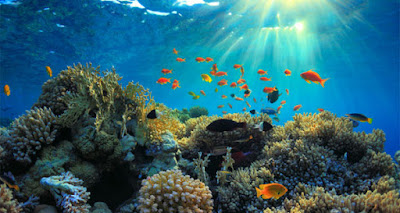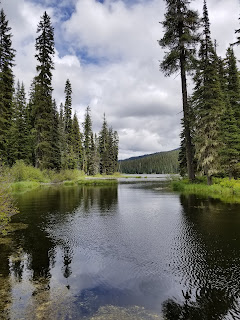Are marine reserves needed to protect global fisheries?

Picture Credit: N.O.A.A. Marine reserves are a crucial component in protecting global fisheries and ensuring a healthy ecosystem. Productivity and species diversity are often used to measure the health of an ecosystem and it is exactly these components that are declining in many coastal habitats. [1] A marine reserve is an area of ocean that is completely protected from any and all extraction activities (i.e. fishing, netting). This protection from extraction activities makes marine reserves a useful tool for ecosystem-based management because habitat alternation ends allowing for the recovery of several species populations at the same time. [2] Community outreach is an excellent way for resource managers to hear and consider the concerns of the local citizens affected by marine reserves as well as for citizens to learn about the benefits and importance of marine reserves. Marine reserves are a useful tool to learn more about ocean resources and protect them for future...

